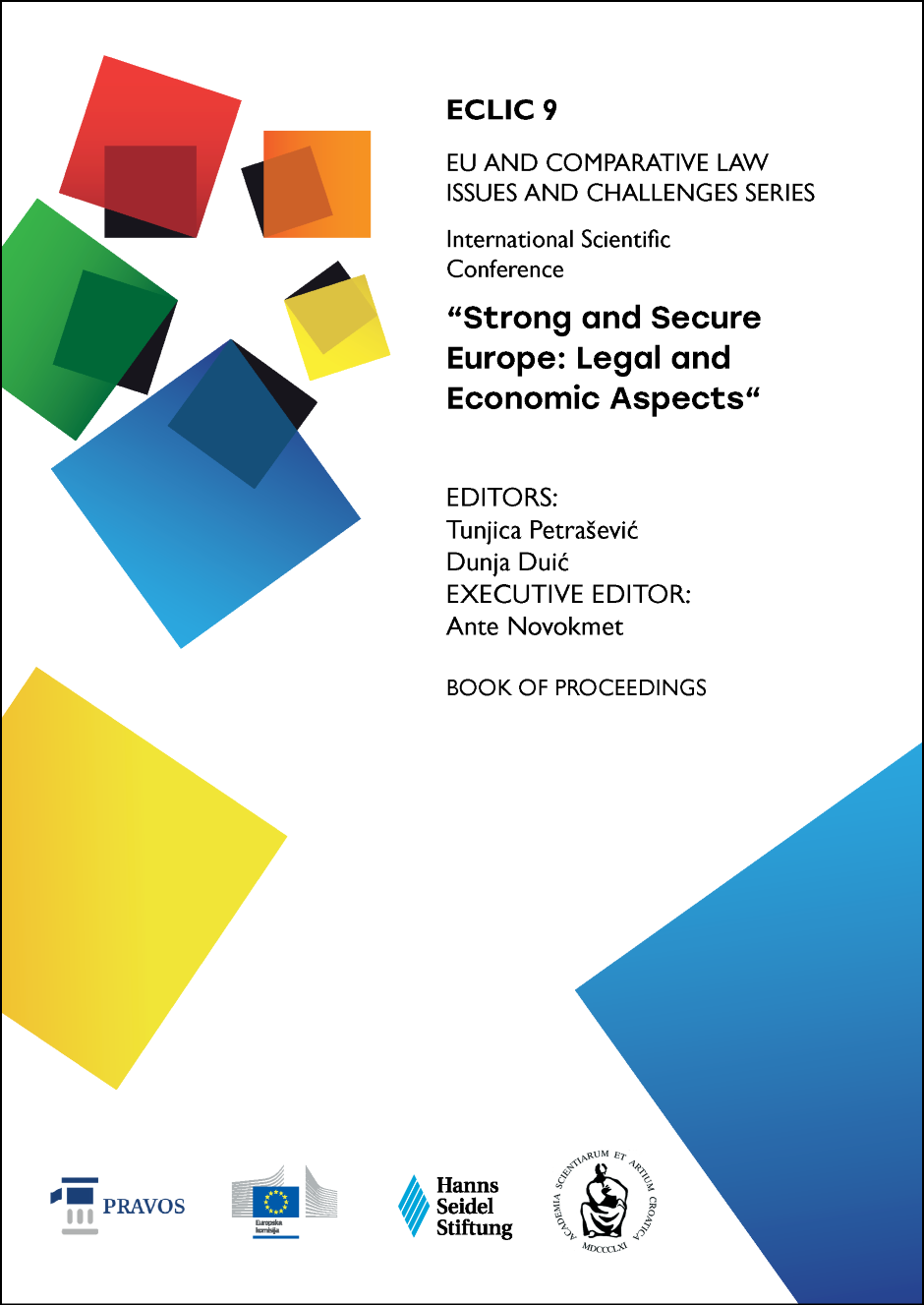CULTURAL HERITAGE, PROPERTY RIGHTS, AND CROSS-BORDER DISPUTES
THE INFLUENCE OF J. PAUL GETTY TRUST AND OTHERS V. ITALYON NATIONAL LEGISLATION AND PRIVATE INTERNATIONAL LAW
DOI:
https://doi.org/10.25234/eclic/38087Abstract
The European Court of Human Rights (ECtHR) case J. Paul Getty Trust and Others v. Italy can be viewed as a landmark decision in cultural heritage law influencing vast number of legal disciplines such as property law, international commercial law and private international law among others. In essence, this article examines the implication of the ECtHR decision that will have for national legislation, focusing on the balance of the right to peaceful enjoyment of possession under Article 1 of Protocol No.1 of the European Convention on Human Rights (ECHR) and the owner’s rights against a state’s sovereign interest in preserving cultural identity by weighing factors like the artifact’s archaeological significance, the circumstances of its removal, and the acquirer’s conduct. The article, is not just regarding the restitution of the famous sculpture “Victorious Youth” but it’s about the legal battles that lasted for almost 50 years and the position of the ECtHR to safeguard the interest of the real owners despite the amount of time when the illicit export occurred. In depicting the legal story behind this case, private international law becomes very important, since the lack of PIL provisions in this legal field, provide for serious problems of forum shopping and title laundering. This article also addresses the problems and challenges that the most important international agreements as the 1970 UNESCO Convention and the 1995 UNIDROIT Convention face. Finally, the article discusses the consequences of the case J. Paul Getty Trust and Others v. Italy on all of these legal fields and how the countries can improve the legal surroundings and deter the illicit trade of cultural heritage.
Downloads
Published
Issue
Section
License
Copyright (c) 2025 Ilija Rumenov, Donche Tasev

This work is licensed under a Creative Commons Attribution-NonCommercial 4.0 International License.
Authors retain the copyright on the papers published in the Journal, but grant the right of first publication to the Journal. Papers accepted for publication or already published in ECLIC of the Faculty of Law in Osijek may be published by the author(s) in other publications only with proper notice of its previous publication in ECLIC.


